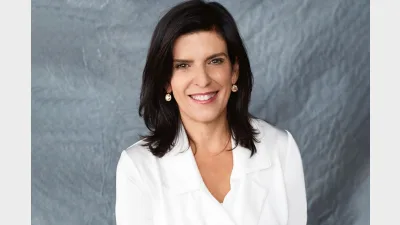Women’s equality still falls short


Women continue to face persisting discrimination and inequality in work and pay which leaves them particularly exposed to financial vulnerability, according to Hesta.
Despite some improvement efforts, the gender pay gap remained at 14% for full-time work, while women retire with 40% less super than men on average, with the two main reasons for that being unequal pay and unpaid time out of the workforce.
“We need to ensure the design of our super system is fairer for women instead of being modelled on a typical male pattern of continuous, full-time work that is increasingly not the norm for many Australians,” Hesta’s chief executive, Debby Blakey, said.
And to ensure greater adequacy the super guarantee should be lifted to 12% which would be crucial to boosting women’s long-term retirement savings.
According to Hesta, women’s unequal experience in the workplace carried over into retirement with a median super balance held by women of $39,000 and around one-third of women aged over 15 had no super.
“Women aged over 55 are the fastest-growing category of homeless persons in Australia - a shocking indicator of growing inequality,” Blakey added.
“We want to have a lasting impact on the world our members retire into. We’ve brought together how we act, advocate and invest and aligned these with seven of the SDGs including gender equality to amplify the long-term impact we can have for members.”
Vital Signs, which brings together the fund’s corporate social responsibility, advocacy, and responsible investment and aligns them with seven strategic UN Sustainable Development Goals (SDGs), developed statistical portrait with the assistance of the Centre for Future Work Dr. Jim Stanford, economist and director of the centre.
“These statistics prove that gender inequality remains a pervasive and multi-dimensional problem in Australia,” Stanford said.
“Women face overlapping barriers to their full participation in work and society. Women have so much skill and productivity to offer Australia’s economy, and it’s well past time we better valued and supported their contributions.”
Recommended for you
Peri and menopause training founder and TV journalist Shelly Horton has hit back at calls for businesses to introduce menopause leave.
Former federal MP Julia Banks insists that all women can use their personal power to advocate a more inclusive workplace and support other women.
After a successful inaugural event last year, the Women in Finance Summit is returning in 2024 with more business insights and networking opportunities.
Super Review is now accepting nominations and submissions for the Women in Finance Awards, to be held in November 2024.












